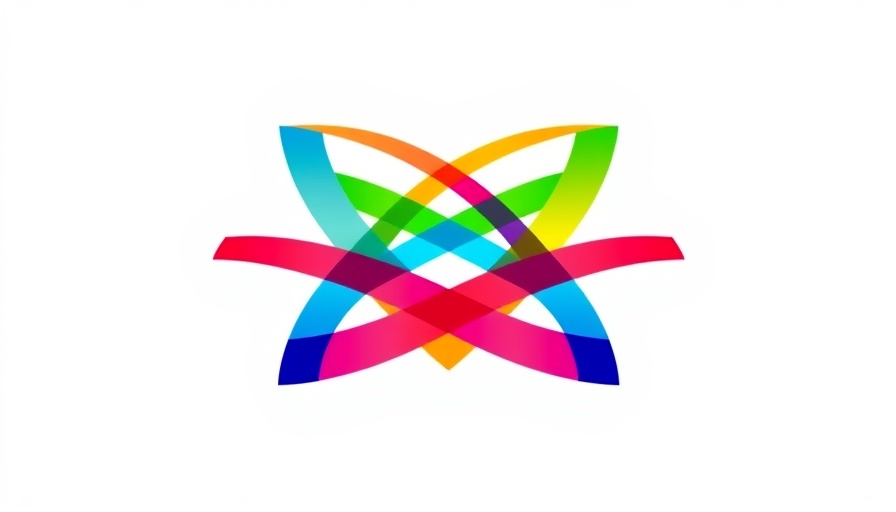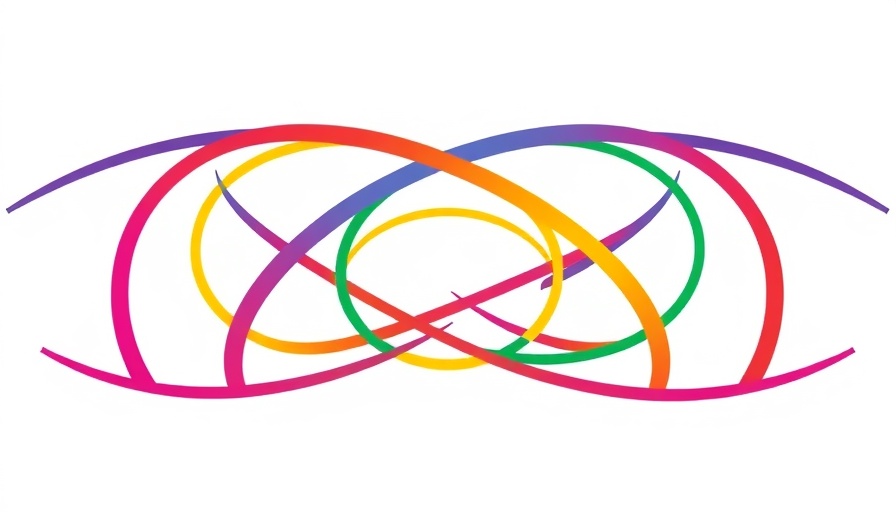
Nigeria's Resilience Shines in WAFCON Final
The recent Women's Africa Cup of Nations (WAFCON) final, held on July 26, 2025, witnessed Nigeria’s phenomenal comeback against Morocco, securing their 10th title in the tournament's history. Trailing 2-0 at halftime, the Super Falcons displayed remarkable resilience and tactical prowess to come away with a 3-2 victory at the Stade Olympique in Rabat.
A Clash of Titans: Historical Significance
The final not only symbolized a meeting of Africa's two football powerhouses but also a crucial point in the continent's sporting narrative. Nigeria, with its storied history in women’s football, reinforced its dominance as the most successful team in WAFCON history. A comeback of this magnitude in front of a passionate Moroccan crowd highlights the need for Africa's sportsmen and women to cultivate resilience and thrive under pressure—a quality that resonates beyond football, impacting the socio-economic landscape.
Diverse Perspectives: Beyond the Match
The match sparked discussions about the evolving landscape of women’s sports in Africa. Morocco, on the cusp of making history with their first WAFCON title, dominated early with two stunning goals from Ghizlane Chebbak and Sanaâ Mssoudy. However, once Nigeria's Okoronkwo converted a penalty, the momentum shifted, showcasing how critical psychological resilience and strategic adjustments can lead to unprecedented outcomes not only on the field but in broader contexts.
Economic and Social Implications
This triumph goes beyond the pitch; it serves as a powerful statement to investors and policymakers about the potential growth in African women's sports and its role in transforming socio-economic dynamics. The visibility created by victories like Nigeria's can stimulate local economies, foster community pride, and encourage female participation in sports, which can create pathways for future leaders.
The Road Ahead: Sports as a Catalyst for Change
As nations look to channel the palpable excitement from the WAFCON final into actionable programs, there is an opportunity for businesses to invest in grassroots sports initiatives across Africa. Support for women's athletics can pivot dramatic shifts in both economic and cultural realms, showcasing sports not merely as entertainment, but as a vehicle for sustainable development across the continent.
Conclusion
Nigeria's victory at the 2025 WAFCON serves as a reminder that determination and strategic execution can topple even the staunchest of opponents. For policymakers and business leaders, the implications are clear: investing in women's sports is not just about fostering athletic talent but is also a critical component of economic development and societal progression. The African continent stands at a pivotal intersection where sports can catalyze growth, uniting diverse sectors under the banner of empowerment and resilience.
 Add Row
Add Row  Add
Add 


Write A Comment